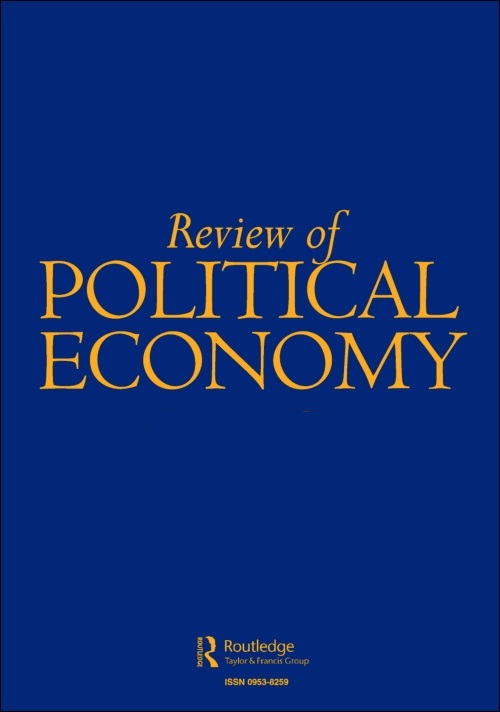
Review of Political Economy
Volume 12, Issue 1, Jan 2000
Pages 45-71
- DOI: 10.1080/095382500106812
- Print ISSN: 0953-8259
- Online ISSN: 1465-3982
Austrian Economics, Socialism and Impure Forms of Economic Organisation
Modern supporters of the Austrian school of economics maintain that their critical stance towards impure forms of economic organisation - such as the mixed economy - grew out of the arguments of Mises and Hayek during the socialist calculation debate of the 1930s. The paper assesses the two theorists, contributions in the debate and argues that their ideas cannot provide the basis for a general rejection of impure forms of economic organisation. First of all, and contrary to most modern Austrians, who consider the contributions of Mises and Hayek as essentially consistent, it is argued that Hayek's critique of socialism is much more effective than Mises' as it rests on his concept of tacit knowldge and on an evolutionary account of the emergence of capitalist institutions. However, the paper goes on to argue that, if Hayek's critique of state intervention is to have any relevance for contemporary capitalist economies, it must be in a position to show the non-viability not only of a fully centrally planned economy of the Soviet type but also of the mixed economy. It is argued that it is precisely in this that Hayek's evolutionism fails, for his teleological approach is not persuasive in ruling out the possibility of impure forms of capitalism in a manner that is consistent with truly evolutionary - i.e. non-teleological - ideas.